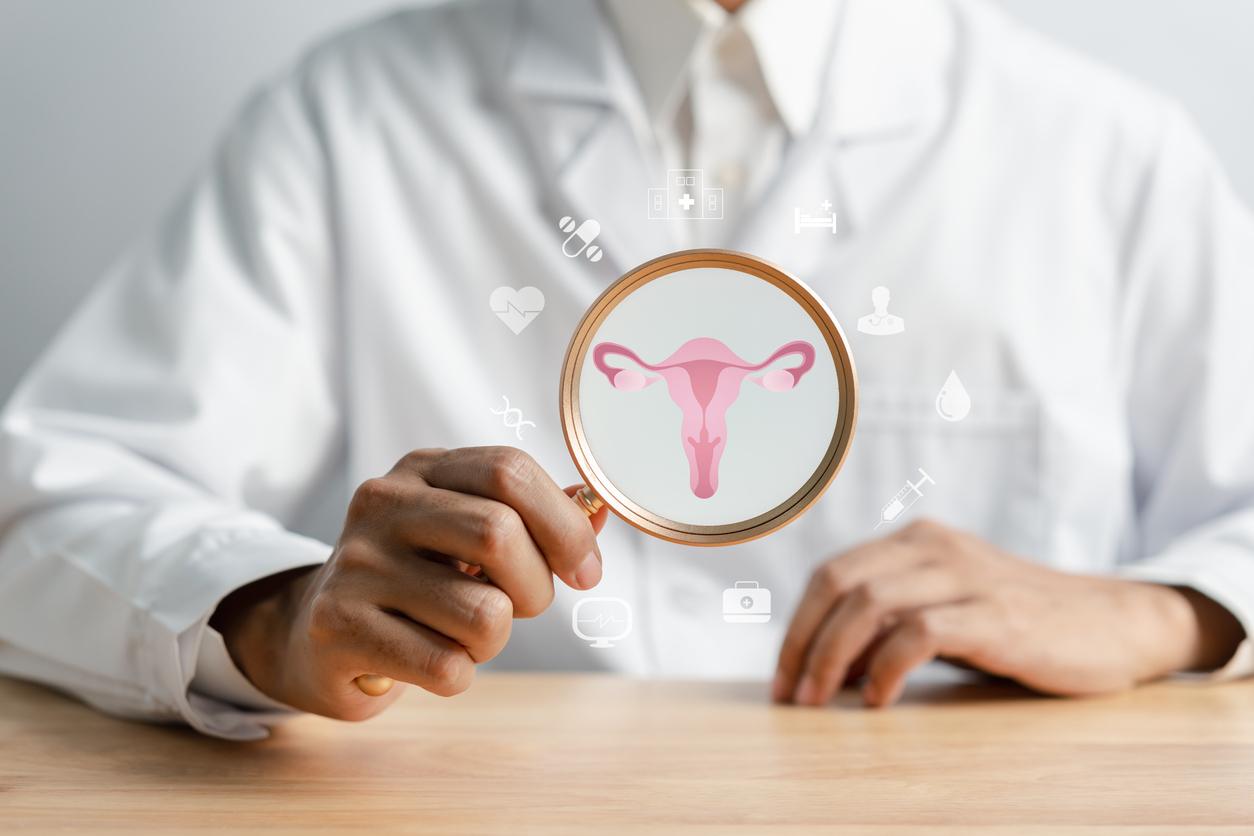Hormone therapy followed as part of a sex change is not without danger to health. According to a new study, transgender women are at greater risk of developing venous thromboembolic disease and having a stroke.

When they decide to begin their gender transition, transsexual people generally start hormone therapy. But this taking of hormones, supposed to finally align their sex with their gender, is not without risk for their health.
This is what brings to light a new study conducted by researchers at Emory University’s Rollins School of Public Health and led by the Research and Evaluation Department at Kaiser Permanente in Southern California. The results, published in Annals of Internal Medicine, establish a link between the hormones taken by transgender women and increased vascular risk.
A 2 to 5 times greater risk of a blood clot
A transgender woman is a trans person who was assigned male at birth but has a female gender identity. As part of a male-to-female (MtF) transition, hormones are then prescribed: anti-androgens which are inhibitors of testosterone, estrogen and sometimes progesterone.
But these hormones, regularly prescribed as part of a gender transition, significantly increase vascular risk, the study reveals.
This used the medical data of 2,842 transgender women and 2,118 transgender men, followed for about 4 years. 23% of them have undergone sex reassignment surgery. The records of 48,686 men and 48,775 cisgender women (whose gender identity matches the sex assigned at birth) were used for comparison.
By comparing the results, the researchers realized that the risk of developing a venous thromboembolic disease, that is to say the appearance of a blood clot, was almost twice as high in transgender women than in men. cisgender men and women. This risk of developing a clot was even 5 times higher after 2 years of follow-up than in non-transgender men and three times higher than in non-transgender women.
Regarding the risk of having a stroke caused by a blood clot, the odds were 9.9 times higher in transgender women than in men in the control group and 4.1 times higher than in women in the control group , based on a follow-up period of more than six years.
Taking hormone therapy as a transgender person, on the other hand, did not increase the risk of heart attack compared to cisgender men in the control group. The risk was 2.4 times higher than in control women, but women are less likely to have a heart attack in this age group anyway.
For the researchers, it is necessary that these risks are weighed “in balance with the significant advantages of the treatment”. “We hope people will understand that we’re not trying to scare anyone. We’re just saying there are questions that need to be answered to guide therapy. With risks come benefits, and the benefits come with risks. It takes a thoughtful health care provider and a well-educated patient to make an informed decision,” he explains. Reuters Michael Goodman, the lead author professor of epidemiology at the Rollins School of Public Health at Emory University in Atlanta and lead author of the study.
.















